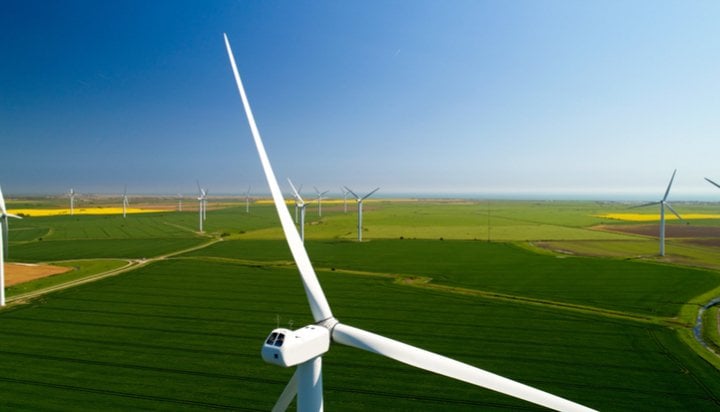Wednesday 27 September 2023
‘Clean power surge keeps Paris Agreement alive, but urgent action needed’

The International Energy Agency (IEA) has issued an update to its roadmap towards achieving net zero emissions by 2050 and the message is clear: the clock is ticking, and decisive action is crucial to meet the Paris Agreement’s ambitious 1.5°C target.
In its latest report, the organisation suggests over the past two years, there has been notable progress in clean energy adoption, particularly in solar power capacity and electric car sales.
These advances align with the trajectory required to limit global warming to 1.5°C above pre-industrial levels, as outlined in the Paris Agreement.
According to the IEA, solar power capacity and electric vehicles are expected to contribute significantly to emissions reductions by 2030.
These technologies are poised to deliver one-third of the required reductions over the next decade.
Additionally, innovation has paved the way for new possibilities and cost reductions, making clean energy solutions more accessible.
However, the IEA’s analysts emphasise that while progress is evident, it’s not enough to rest on these laurels.
The next ten years are crucial, and more ambitious actions are necessary to stay on track and avoid the catastrophic consequences of climate breakdown, according to the report.
The IEA has identified several key actions required in this decade:
- Tripling global renewable power capacity: this goal is essential to transition away from fossil fuels and accelerate the adoption of clean energy sources.
- Doubling the annual rate of energy efficiency improvements: Enhancing energy efficiency is a cornerstone of emissions reduction and sustainability efforts.
- Increasing sales of electric cars and heat pumps: The transition to electric vehicles and efficient heating solutions is paramount in reducing emissions from transportation and buildings.
- Reducing methane emissions in the energy sector: A 75% reduction in methane emissions is necessary to curb its potent greenhouse gas effects.
Collectively, these measures could account for a significant 80% of the emissions reductions required by 2030, according to the IEA.
IEA Executive Director Fatih Birol stated: "Keeping alive the goal of limiting global warming to 1.5°C requires the world to come together quickly. The good news is we know what we need to do - and how to do it.
"Our 2023 Net Zero Roadmap, based on the latest data and analysis, shows a path forward. But we also have a very clear message: Strong international cooperation is crucial to success. Governments need to separate climate from geopolitics, given the scale of the challenge at hand."




